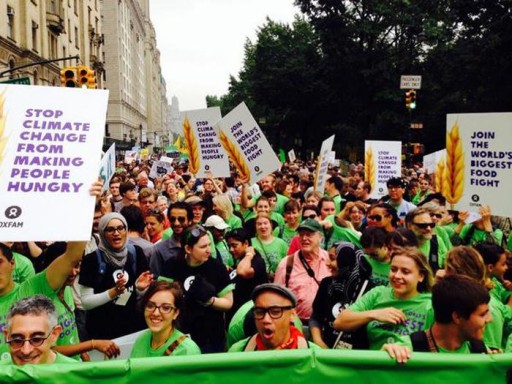 Less than 10 months before the UN Climate Change Conference (UNFCCC COP21) takes place in Paris, representatives from 200 countries met last week in Geneva to draft a climate change agreement, laying this way the foundations for the official document to be signed in Paris.
Less than 10 months before the UN Climate Change Conference (UNFCCC COP21) takes place in Paris, representatives from 200 countries met last week in Geneva to draft a climate change agreement, laying this way the foundations for the official document to be signed in Paris.
Long story short, this Climate Change pact sets some considerable goals to reduce the worlds’ greenhouse gas emissions, so the global temperatures will not raise more than 2 degrees Celsius by 2050. Albeit most governments agree that climate change is real, leaders of highly industrialized countries don’t like it when others tell them what to do. With the world on the edge of a massive environmental crisis, for many politicians climate change is primarily an economic issue.
Is there any chance that the Paris deals turn into a big flop similar to what happened Copenhagen in 2009? Probably not. A lot has changed since then. Some leaders seem to be now more sensitive towards climate change, while public awareness and debate around this matters has also increased. Besides, back in 2009 and in the dawn of a global economic crisis, there was a lot of shivers and discomfort in Copenhagen, which made many countries to say “no way” to any kind of agreement that meant decreasing the consumption of fossil fuels. This time in Paris, it’s possible that there will be a flexible agreement on the table. Though we need a stronger commitment than the Kyoto Protocol, which just celebrated 10 years of implementation and suffered some important casualties (read countries abandoning it) over time.
From 30 November to 11 December the world’s eyes will be on Paris, as many of us believe it will be one of the most important meetings of our era. Still a lot will happen by then – summits, conferences and meetings will take place across the world during the next months. Climate change has been debated for 20 years now, yet we have not seen any major outcome. It’s time to do more than just agreeing to agree that we are running out of time, so 2015 can dictate a new course in the battle against climate change.
